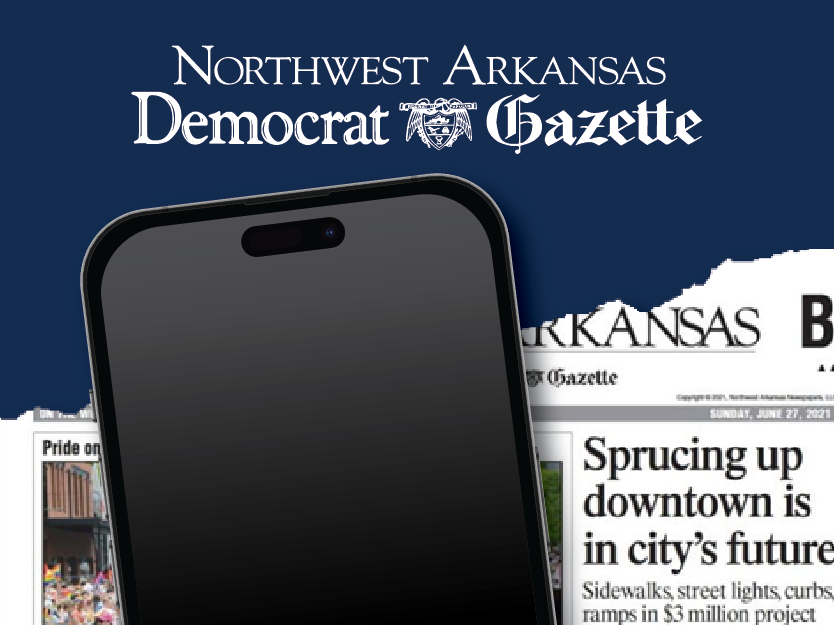
DENVER — The easiest bet to win is that gambling will assault the senses at sporting events and in broadcasts.
Take -170 on it.
Odds are you know that Toronto Raptors forward Jontay Porter is being investigated by the NBA after questions surfaced following his early exits from games on Jan. 26 and March 20 because of an illness and eye injury, respectively. There were betting irregularities in each game, and DraftKings reported massive losses on Porter prop bets for three-pointers.
He has remained listed as “out for personal reasons” since the ESPN story broke. It intersects locally because his older brother Michael Porter Jr. stars for the Denver Nuggets. For the first time Wednesday night, Michael commented on the situation.
“I know what you guys know. I know Jontay loves the game of basketball. He’s been really excited to play with the Raptors,” Michael said. “I have known my brother my whole life. I know what type of dude he is. I know he’s excited to play basketball and highly doubt that he would do anything to put that in jeopardy.”
How could this happen? Let’s go live to Ball Arena for the pregame sports lines brought you to by a national sportsbook. On the first night Jontay sat out, Altitude TV ran a prop bet on Michael’s unders. This is our new normal. But should there be more safeguards in place?
I am not outraged by gambling. I don’t participate, but my podcast was sponsored by a sportsbook. Ads remind people to call 1-800-GAMBLER if they believe they have a problem or need confidential help. The NBA cannot be surprised by Jontay’s story, only that it did not happen sooner.
Gambling odds are sewn into the sports fabric, so part of the daily coverage and experience that Nuggets forward Aaron Gordon told The Denver Post on Wednesday he plans to invest in the gambling website Rebet. The NBA’s collective bargaining agreement permits players to hold a passive stake in a gambling company, only forbidding them to promote NBA-specific gambling
“As long as I don’t bet on the NBA, I’m good,” Gordon said.
Is this good for our games?
Baseball is dealing with its own squirm-inducing controversy. The sport’s best player, Shohei Ohtani, declared he was the victim of fraud last week, betrayed by his former interpreter Ippei Mizuhara, who allegedly heisted $4.5 million from him to cover gambling debts with a bookie. Originally a spokesman for Ohtani said he knew about the wire transfer payments, then the statement was retracted and all blame pointed squarely at Mizuhara as a rogue employee. Consider me skeptical.
The Jontay Porter story makes me feel uneasy, because of something Michael said when I asked him about the omnipresence of gambling at games.
“You hear it more from the people in the crowd about what they need you to score tonight or what they don’t want you to score. Every night you are disappointing someone,” Michael Porter said. “You are disappointing the people if you score too much because they may have bet on the under, and you are disappointing people if you didn’t score enough. It’s part of the game now.
“We get paid a lot of money to play this game and I know these fans they want to make some money as well. If they want to put their hard earnings on us, we appreciate that you put your trust in us I guess. It’s definitely something that has kind of taken over the sports world. I don’t know if it is a good thing or bad thing.”
It is something that requires more attention and education. Broncos defensive end Eyioma Uwazurike was suspended indefinitely last July after the league determined he bet on NFL games in 2022, including those involving Denver. Coach Sean Payton called the NFL’s memo on gambling convoluted, and he and his staff tried to simplify it. Where did they land? Don’t bet on the NFL. And don’t bet on anything where you are not allowed to carry a gun, such as the team facility, hotel and airplane.
Many gamble for fun. Love it. Have no issues. This isn’t about that or you if that description fits. This is about pro sports, their players and what’s next.
The Porter and Ohtani stories feel more like warnings than outliers. Gambling is everywhere. The NCAA has lobbied for the elimination of prop bets on college athletics. Pro sports leagues need to consider some guardrails as well until they get a better handle on the proliferation of betting among their athletes.
Those who participate are asked to do so responsibly. The leagues need to heed this same advice.
They cannot take the “nothing to see here” stance. Not now. Not ever again. What has happened the last few weeks feels like falling pebbles before a rock slide.
It’s time the leagues see this as a potential crisis. If not, you can bet they will regret it.